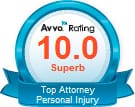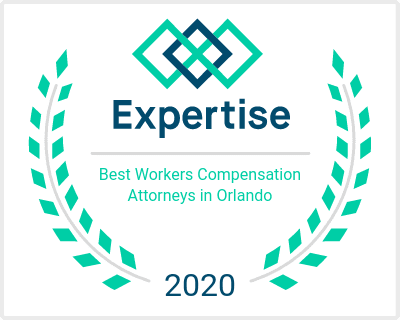War veterans have a lot to deal with when they return home. And while much of our nation does what it can to help support and care for them, sometimes it’s difficult to determine what they need. This is sometimes the case when a veteran suffers from post-traumatic stress disorder (PTSD). Yet, the ramifications of PTSD can be severe and long-lasing, making it difficult if not impossible for a veteran to live a normal life, which is why it’s crucial that we know how identify symptoms of this mental health condition.
What are some common signs of PTSD?
Although living with PTSD can be challenging, to say the least, there are some programs out there, like Social Security disability, that may make life a little easier. But before you get to the point of assisting your loved one is seeking those benefits, you have to understand the signs and symptoms of PTSD. So, let’s look at some of them here. If your loved one suffers from PTSD, then he or she may experience any of the following:
- Nightmares pertaining to a traumatic event
- Flashback and vivid memories of the traumatization
- Emotional isolation
- Irritability and anger that is triggered by things that serve as reminders of the traumatic event
- Mental and psychological numbness
- A loss of interest in things that were once enjoyed
- A constant state of physical defensiveness or otherwise being on guard.
- Trouble sleeping
- Concentration issues
- Constantly being in a state where one is easily startled
These symptoms of PTSD can lead to a whole host of other issues, too. Each of the following may be possible with a PTSD sufferer:
- Thoughts of self-harm
- Homicidal ideations
- Avoidance of persons, places, or things that remind the sufferer of the traumatic event
- Substance abuse in an attempt to numb the emotional and psychological pain
- Social isolation
How do you identify signs of PTSD?
It’s easy to read about the signs and symptoms of this condition, but actually catching those symptoms can be more difficult than you anticipate. But you can increase your ability to do so by being vigilant and keeping your eyes and ears open.
Don’t be afraid to talk to those who interact with your loved one on a consistent basis so that you can obtain a realistic picture of how he or she has been behaving. It might be helpful for you to speak to your loved one, too. He or she may be open and honest about how he or she feels and why, but anticipate hesitancy to talk.
You can also be on the lookout for behavioral issues like excessive use of prescription medication as well as behavior that is out of the norm for your loved one, like lying and stealing. He or she may also stop associating with his or her regular friends, and it might be hard for him or her to hold a job.
If you are observant and see any of these issues, then you may want to consider talking to your loved one about treatment. This isn’t an easy conversation to have, but you may be able to convince your loved one of the value that mental health care can have for him or her and his or her future.
How an attorney may be able to help
A lot of PTSD sufferers struggle to secure and maintain employment. When their condition is severe enough, they may qualify for Social Security disability benefits. These benefits can ensure that your loved one has the financial stability that he or she needs as treatment is secured.
But successfully obtaining these benefits isn’t always as easy as it should be. That’s why it might be wise for you and your loved one to discuss the circumstances at hand with an attorney who is experienced in handling PTSD cases. Hopefully then your loved one can feel some relief and focus on reclaiming his or her life.







